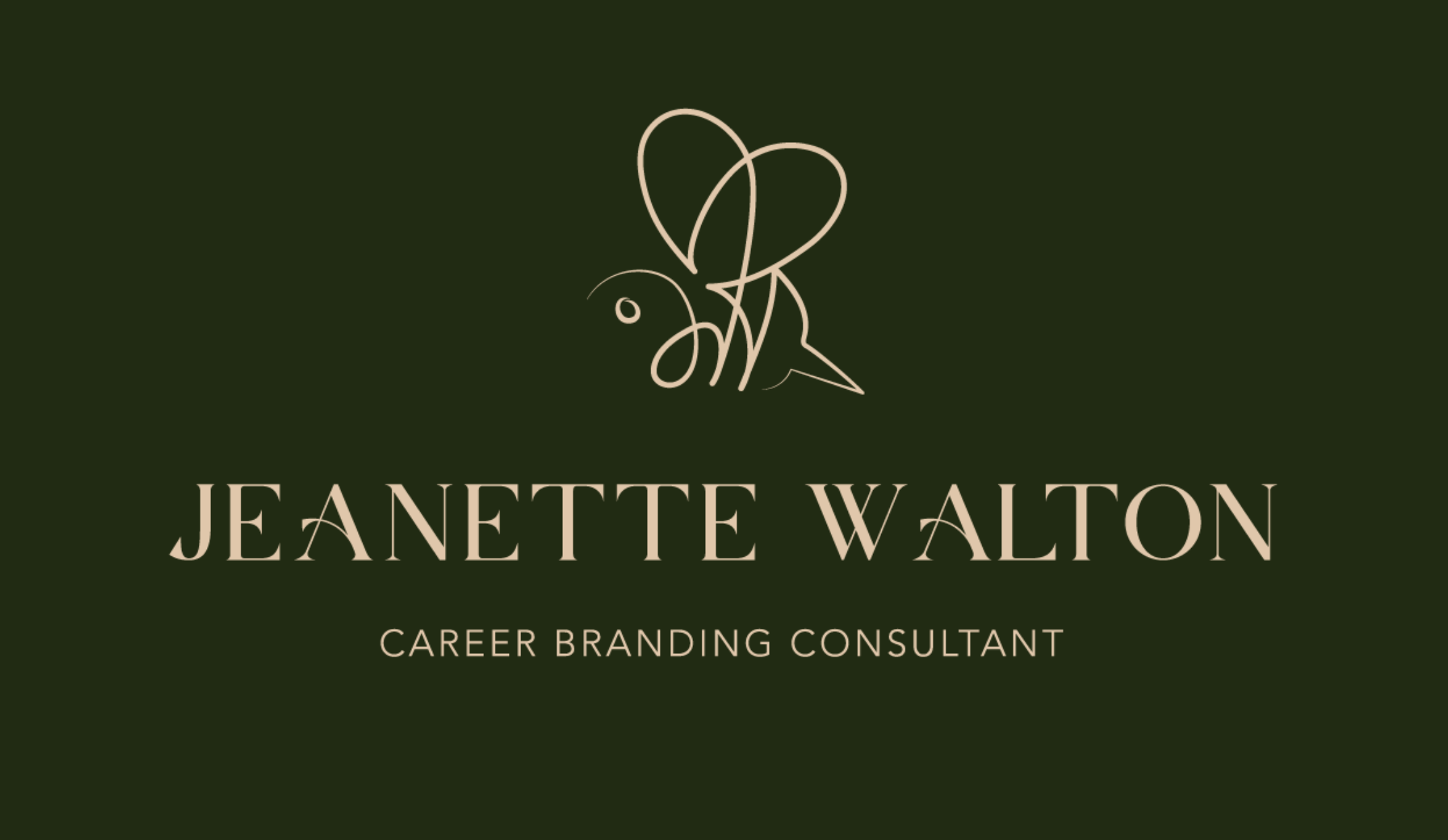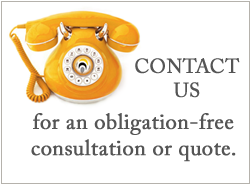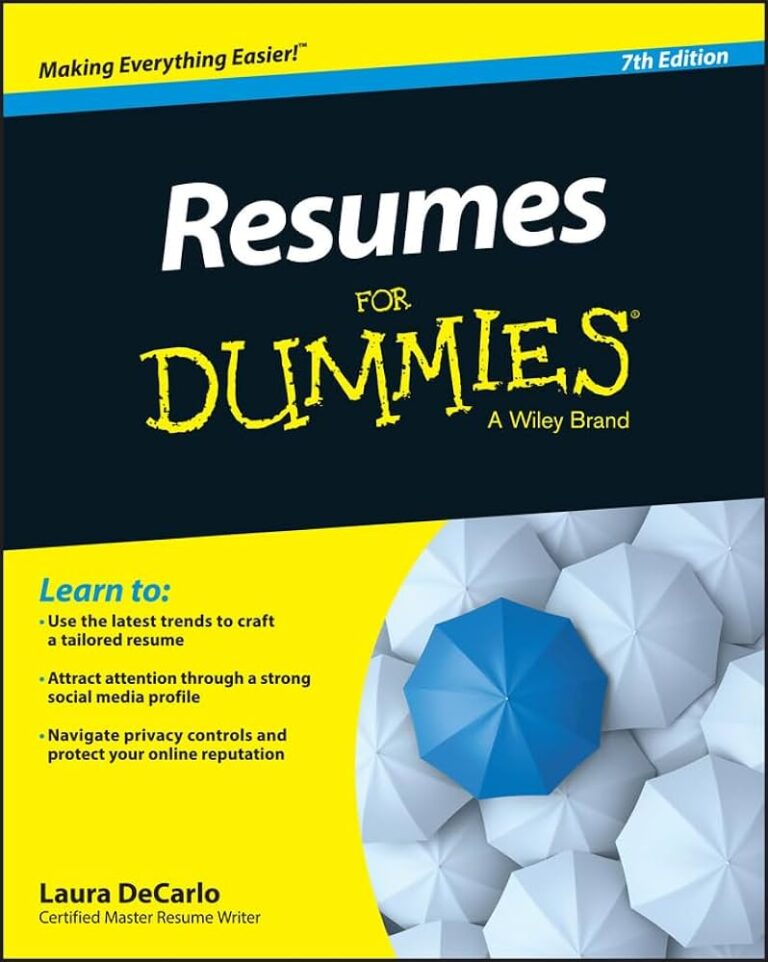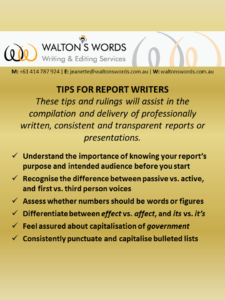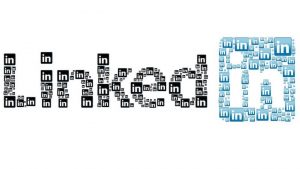 While your resume is specifically used for job applications, your LinkedIn profile allows you to continually expand and evolve your personal branding. Many recruiters will delve into your digital presence when assessing your job relevance, meaning these two career documents should be relatively harmonious. Although it’s okay to incorporate additional, less-job-specific brand offerings into your LinkedIn profile.
While your resume is specifically used for job applications, your LinkedIn profile allows you to continually expand and evolve your personal branding. Many recruiters will delve into your digital presence when assessing your job relevance, meaning these two career documents should be relatively harmonious. Although it’s okay to incorporate additional, less-job-specific brand offerings into your LinkedIn profile.
“Profiles aren’t written with a specific position in mind, so yours needs to include enough information to appeal to a wide audience and paint a complete picture of all your various skills and strengths—after all, you don’t want to limit your options by restricting your narrative too much.” (vault.com)
Different audiences
Unlike your resume that is tailored for a specific audience (i.e. recruiters), your LinkedIn profile will be viewed by a diversity of readers for a variety of reasons. A resume should get straight to the point of highlighting your most job-relevant skills, experiences and achievements, while LinkedIn should take readers on a more personalised journey into your professional brand offerings, history and ambitions. The latter may open you up to new opportunities that you hadn’t seen coming.
“It would be a mistake not to use LinkedIn to showcase your personality, so make your profile’s language familiar, relatable, and conversational, and feel free to say ‘I’ and ‘me’. The idea is to give people a sense of who you are so that they feel comfortable reaching out and connecting.” (vault.com)
Different objectives
As I’ve discussed previously, LinkedIn has a broader marketing purpose than your resume. In addition to potential career opportunities, treat your LinkedIn profile like a personal branding vehicle. It’s an online presence that enables you to both expand your professional networks and showcase your industry expertise. LinkedIn is also more interactive and evolving (you can continually post and engage), where connections can also contribute to your branding via endorsements and comments.
Different considerations
While keyword optimisation is critical to both your resume and LinkedIn profile, you need to consider a broader audience for the latter. For example, what are the most common keywords used by LinkedIn’s global audience to find someone with your skillset? What keywords should I interweave across my profile to increase my ‘findability’ and ‘relatability’? You also need to consider the algorithms and other mechanisms that apply. For example, while keyword density (within reason) will be advantageous to your LinkedIn search rankings, keyword usage needs to more job-specific in your resume, to accommodate ATS and other recruitment search criteria.
“Make sure your LinkedIn profile has a targeted headline. Not only should the headline clearly state your career focus, it’s also the most important place to add a keyword or two, because this influences how you appear in search results.” (Melanie Pinola, Writer at New York Times)
Other differences
A couple of other key differences between your resume and LinkedIn profile are the visualisation and confidentiality aspects. In particular, while the inclusion of a professional headshot is highly relevant for your LinkedIn profile, it is uncommon to include one on your resume unless your personal appearance is relevant to your career (e.g. a fashion model). Furthermore, the formatting of your LinkedIn profile should be even more considerate of the ‘speedy’ online reader – such as using bulleted lists and breakout headings. Lastly, while it is highly beneficial to specify quantitative results with career achievements in your resume, this is discouraged in your LinkedIn profile because of its broader online reach. There could be, for example, repercussions if you share confidential sales revenue results.
___________________________________________________________________
From spicing up a LinkedIn profile to overhauling a resume and adding an often-critical cover letter, to writing up selection criteria attuned responses, Walton’s Words thrives on creating career documentation that helps you to stand out. Give us a call or drop us a line if you would like to discuss your resume writing needs further.
